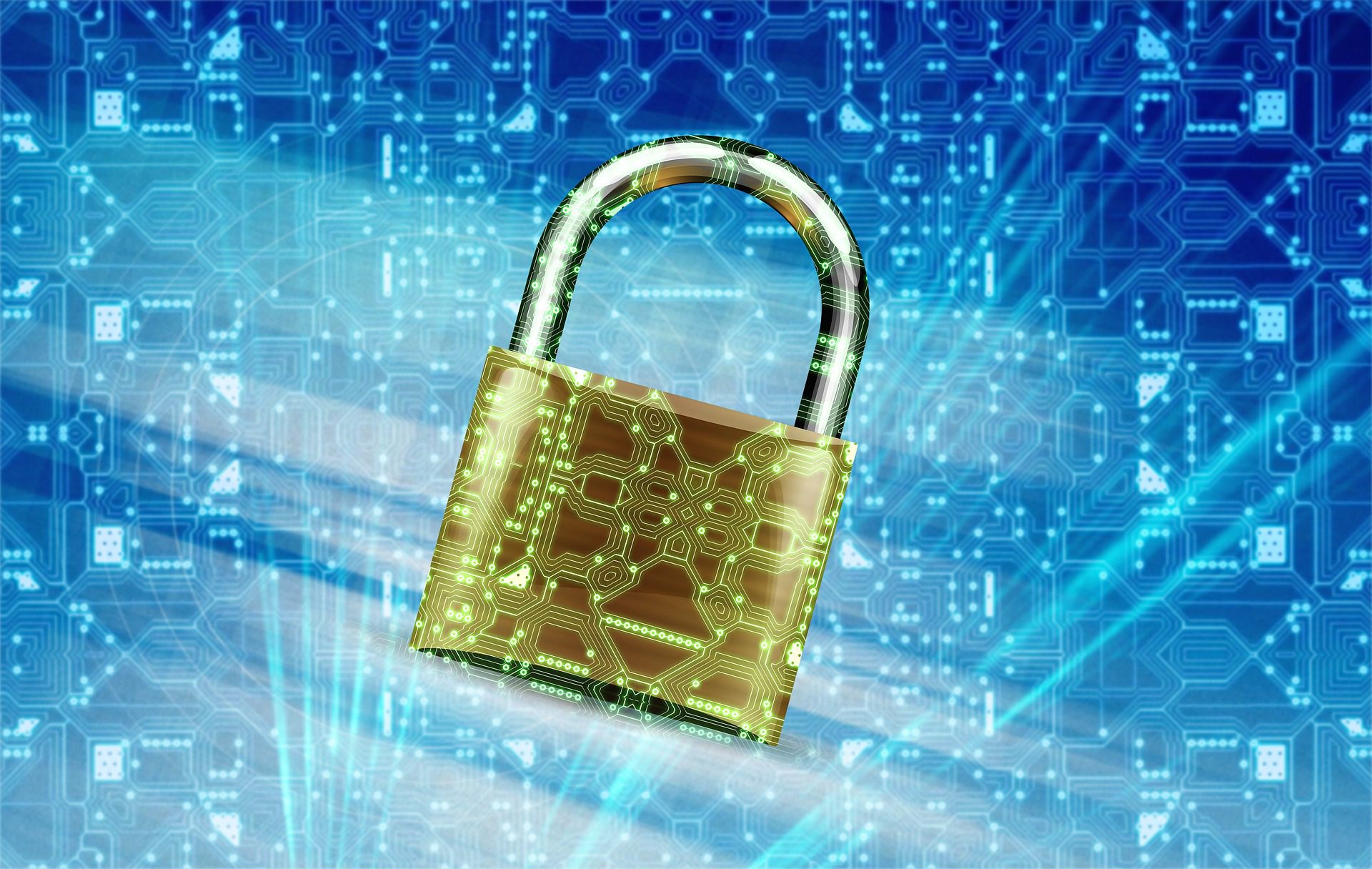Top 10 Rules For Internet Safety For College Students

From researching over social media to online classes, the internet is an essential element in every student’s life. As useful as the internet is, there is another side of it that you need to be aware of. Cyberattacks, identity thefts, invasion of privacy, and many other cybercrimes are the risks that come with the online world. To protect yourself from cyber threats, you need to take some safety measures.
Here are the 10 crucial rules for internet safety that you should adopt.
1. Secure Your Connection with a VPN
A virtual private network (VPN) is an encrypted internet connection that ensures the safe transmission of data. It blocks out all attempts of tracking your online activity. With VPN, you can use the public campus network with guaranteed safety.
2. Install Antivirus on All Your Devices
To keep all the viruses, threats, and malware out of your devices you need to install antivirus. Make sure that you have an updated antivirus on both your computer and your phone. If you need a recommendation for antivirus software, check out the list of the best Microsoft products or consult with your technician.
3. Keep Relevant Documents Away from the Internet
Never send confidential or important documents via the internet. When you do need to send a relevant document via email, encrypt the file. For example, let’s say that you are applying to a study program abroad, and you need to send your personal data, your admission essay written by a custom essay writing service, and visa information over email. Add all the documents in a folder, zip it, encrypt it, and then send it over.
4. Strengthen Your Passwords
Weak passwords are one of the most common paths to data breaches. A new Verizon study found that 81% of data breaches happen because of weak passwords according to the routers network website. To make a strong password, you should:
- Make it at least 12 characters long
- Mix letters, symbols, and numbers
- Make it random
5. Use Only Credible Websites
Your online activities should be reserved for credible websites. While doing research use official sources, recommended websites, read writing service reviews, and so on. What’s especially important is that you never shop from fishy websites. If you do want to give a new brand a try, do thorough research of their online presence.
6. Cautiously Use Other Computers
If you need to use a computer in the library or if you borrowed someone else’s laptop, be careful about your online behavior. Even if you use credible websites, your social media accounts, your learning account on Cleverr Up, or any other reliable source, always take the steps of precaution. Log out when you finish using the sites and don’t save any of your passwords. If you downloaded some files, delete them when you finish.
7. Use Two-Factor Authentication
Two-factor authentication or 2FA is a protection method that keeps the attackers from taking over your accounts. In case someone gets ahold of your password, they still won’t be able to access your account as they’ll need the second code. The second code is typically sent to your device.
8. Be Careful What You Download
When you need to download an app, software, tool, document, image, or any type of file, look into how trustworthy the source is. That’s why review websites are useful. For example, if you want to download the plagiarism checker app, first read reviews on the LetsGradeIt website. Reviews from reliable websites are the safest recommendation.
9. Think Before You Open Emails
Email scams are staying on top of the list of popular cybercrimes. So, every time you get an email from an unknown recipient, read it with extra care. If you find anything suspicious, transfer it to the bin.
10. Don’t Overshare
Sharing details from your life puts your privacy at risk. Information such as where you are, when you have classes, and so on, shouldn’t be displayed on the world’s stage. The more data you keep off the web, the more secure you’ll be.
Wrapping Up
Let these rules be your guide for safely browsing through the internet. You have the power to take matters into your own hands. So, don’t waste this opportunity to protect yourself from cyber-attacks.
Melony Hart is a writer, editor, and proofreader. Her main field of interest is technology. Melony is dedicated to writing informative and constructive posts. She aspires to educate and inspire. When she is not writing, Melony likes to read and walk.





